ACTU seeks 7 per cent minimum wage rise
Employers say granting the 7 per cent pay claim will jeopardise jobs and small businesses.
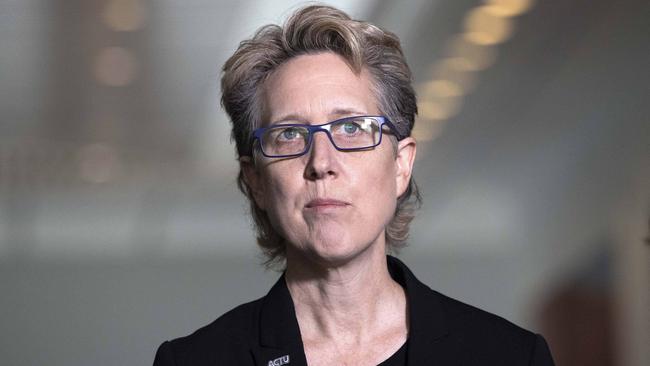
The ACTU will seek an inflation-linked $57 a week increase for 2.6 million minimum wage and award-reliant workers from July 1, as employers said granting the 7 per cent pay claim would jeopardise jobs and the viability of small businesses.
As the government indicated it would again support an increase in line with inflation for the estimated 184,000 lowest-paid workers on the minimum wage, the ACTU said it would push to have the hourly rate of $21.38 increased by $1.50 to $22.88.
The ACTU said the claim was the biggest dollar amount sought by unions at an annual wage review but only the highest percentage amount sought since 2018 when unions pursued a 7.2 per cent rise, equivalent to $53 a week
If granted, the weekly national minimum wage would increase by $56.88 to $869.48 and annually by $2965 to $45,337.
In its submission to the Fair Work Commission, the ACTU says minimum wage and award-reliant workers have suffered the “greatest on record” real pay cuts over the past two years.
The ACTU says the cost-of-living crisis is “even more acute this year than last”, and given the latest CPI figure was 6.8 per cent, the claim, if awarded, would represent a “cost-of-living increase that aims to protect the real value of wages”.
“A 7 per cent pay rise is about economic survival for many working people,” it says.
The ACTU submission says businesses have posted strong profits, meaning wage increases are more than affordable; minimum and award wage increases had no discernible impact on inflation last year; and the biggest risk to the economy is the collapse in consumer spending power as wages have gone backwards.
ACTU secretary Sally McManus said a 7 per cent pay increase was essential for minimum and award wage workers, who have suffered real wage cuts over the past two years.
“This increase is vital to help working people keep their heads above water.
“It is simply about survival for the lowest-paid workers in our country,” she said.
Employer groups are expected to argue for a substantially smaller increase.
Australian Chamber of Commerce and Industry chief executive Andrew McKellar said an inflation-matching wage increase “risks inflicting more pain on our increasingly fragile economy”.
“While Australia appears to have turned a corner on inflation, it still remains stubbornly high. Pushing for unsustainable wage increases while the economic outlook remains precarious jeopardises the viability of small businesses and the jobs they sustain and create,” he said.
“A wages blowout will heap even more pressure on small and family businesses at a time when they can least afford it.”

Australian Industry Group chief executive Innes Willox said the latest inflation figures would reinforce the “need for continued price and wage moderation and will add to arguments for wage restraint in the coming national wage review”.
In its submission last year, the Albanese government backed a 5.1 per cent increase in the minimum wage to ensure “the real wages of Australia’s low-paid workers do not go backwards”.
While awarding a 5.2 per cent increase to the lowest-paid workers on the minimum wage, the commission last year granted lower rises of 4.6 per cent, up to $40 a week, to workers on award rates.
Indicating support for a rise in line with inflation for an estimated $184,000 workers on the minimum wage, Employment and Workplace Relations Minister Tony Burke said on Thursday that “while you never photocopy a submission one year to the next”, the government’s “values haven’t changed”.
“The thing we have to work our way through is there are some members of the workforce who have the least room to move with what’s been happening with inflation and certainly the full award system goes all the way up to some people who are on significantly higher wages,” he told Radio National’s Patricia Karvelas.
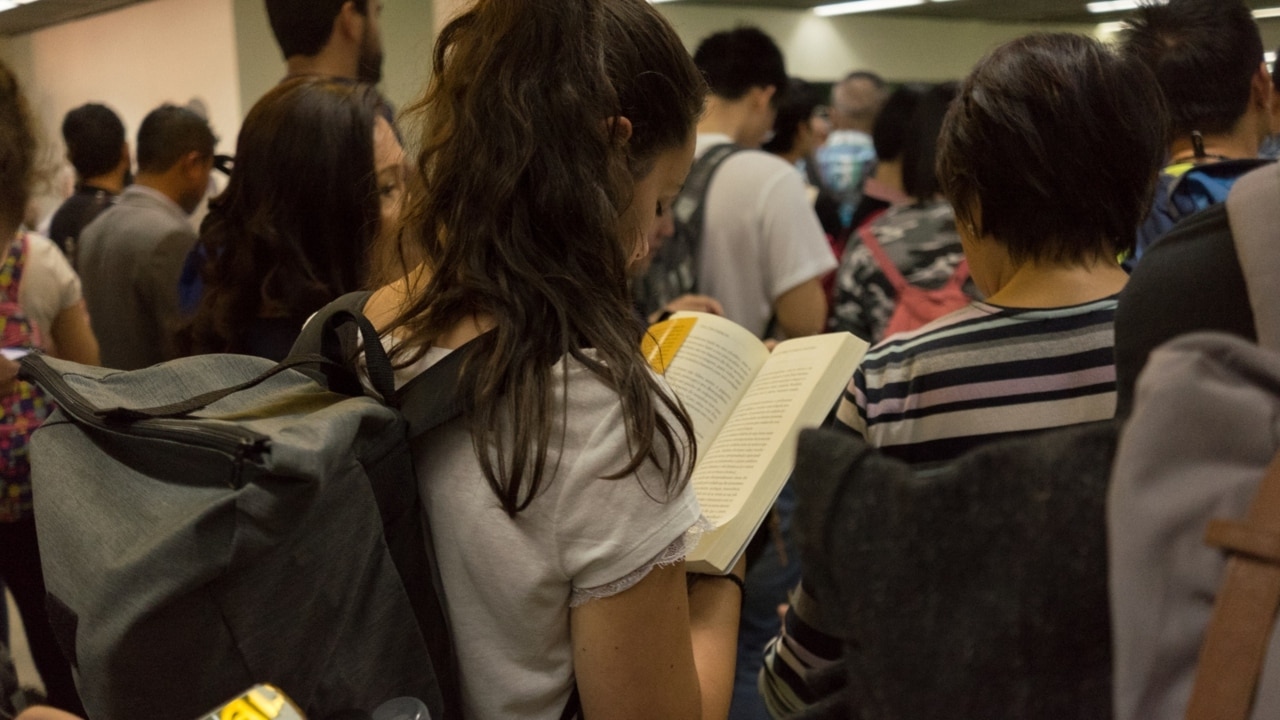
“The principles that we dealt with last year were to say – no government ever wants anyone to go backwards, but last year we put forward the principle that the focus needed to be on the people on the lowest incomes because they had the least savings, they had the least room to move.”
Ms McManus said there were “real people behind the statistics of Australia’s cost-of-living crisis – the workers we rely on to deliver vital services in early learning, aged care, disability care, fast food, cleaners, security, retail”.
“People are skipping meals, avoiding medical care, and dreading their next bill. Rents have skyrocketed along with the cost of essentials such as groceries, clothing, fuel, and childcare. Working people need a lifeline,” she said.
“Any argument by business lobbyists for anything less is an argument that their customers – the people who drive consumer spending – should cut back even more.
The economy is people and people are hurting.
“We must support those who are hurting the most and a cost-of-living increase to the minimum wage is the direct way of doing this.”
Ms McManus said there was “now general acceptance of what the ACTU has been saying for a year: there is no wage-price spiral in Australia”.


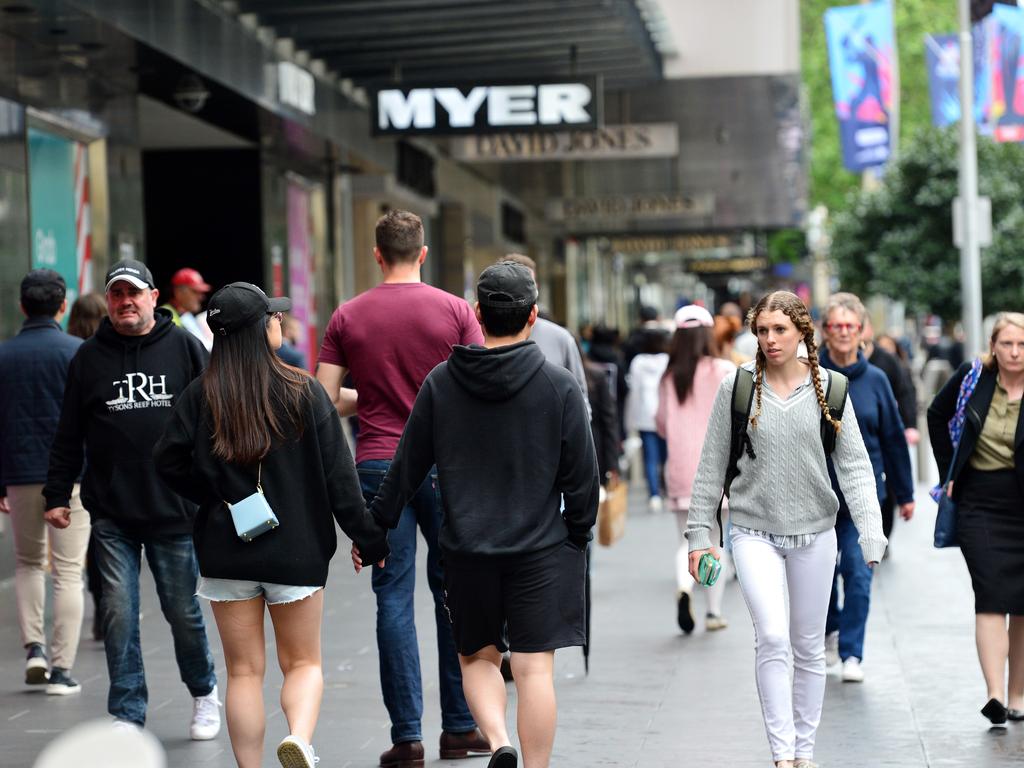
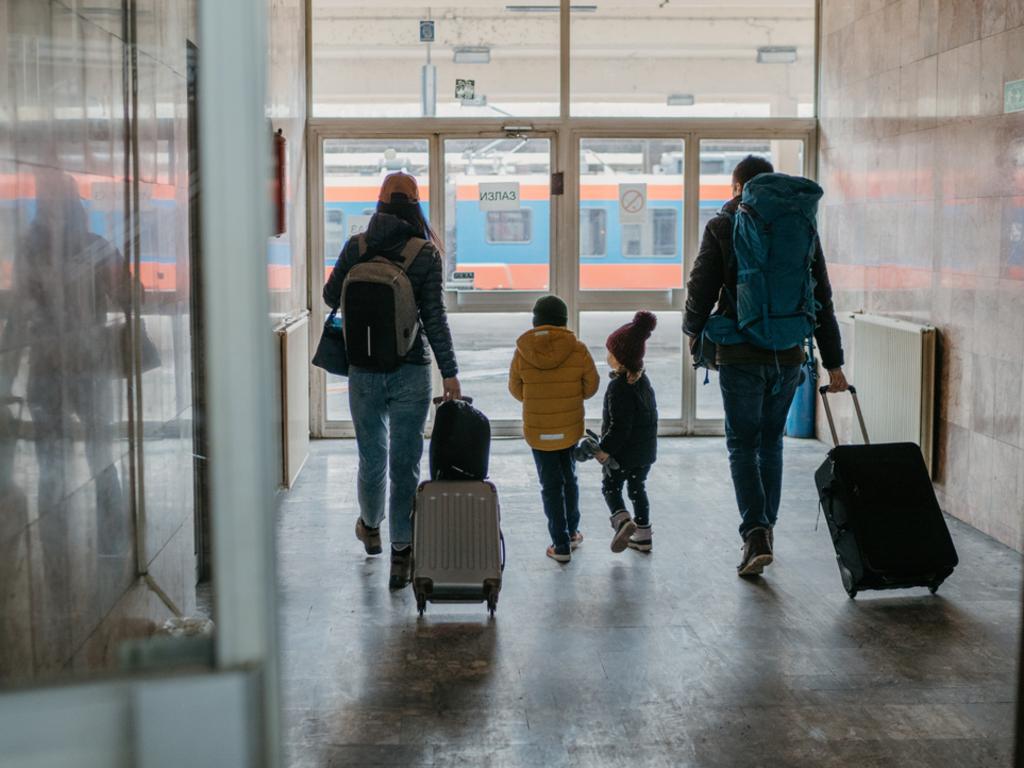

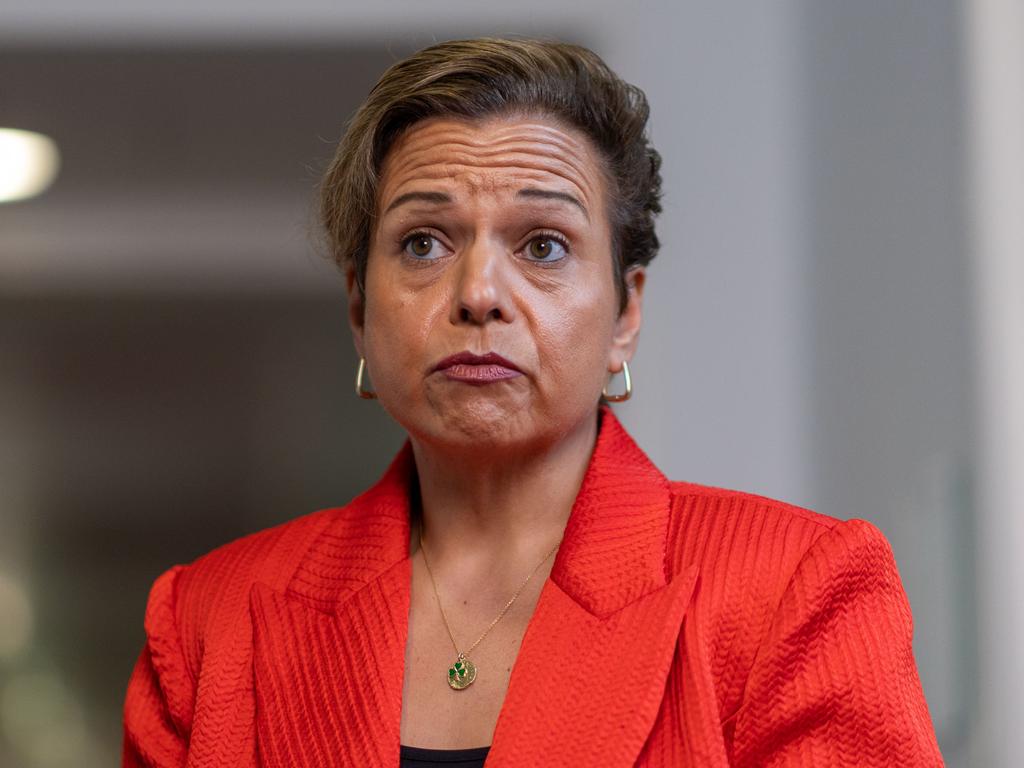


To join the conversation, please log in. Don't have an account? Register
Join the conversation, you are commenting as Logout